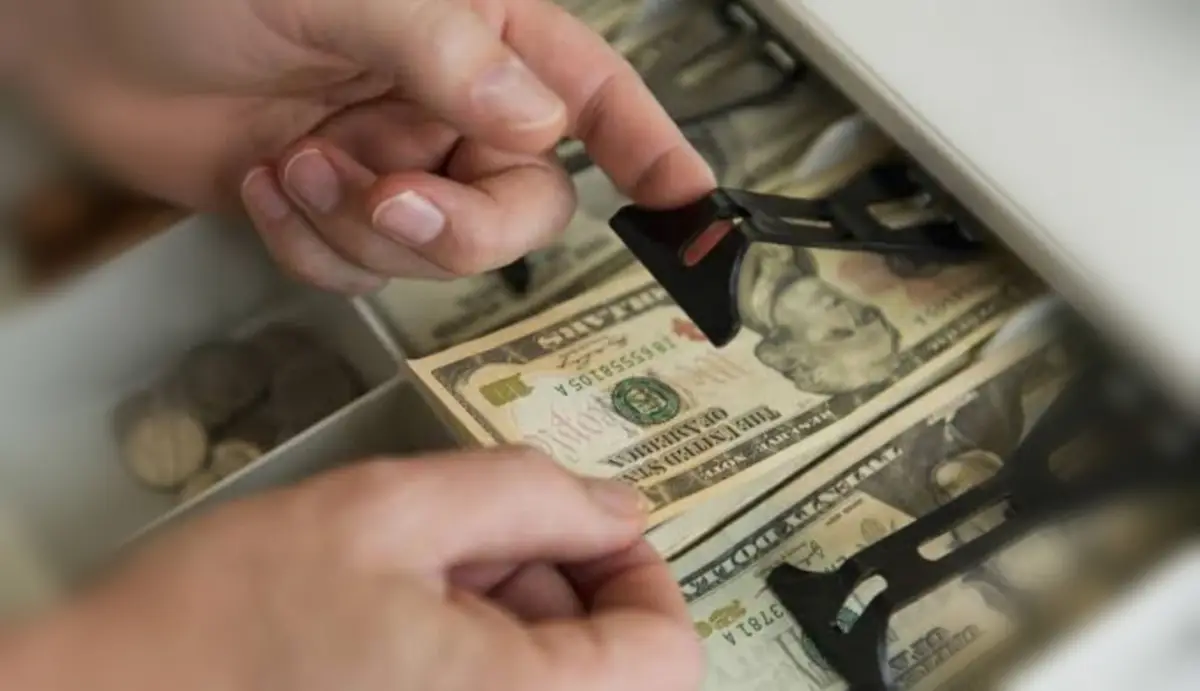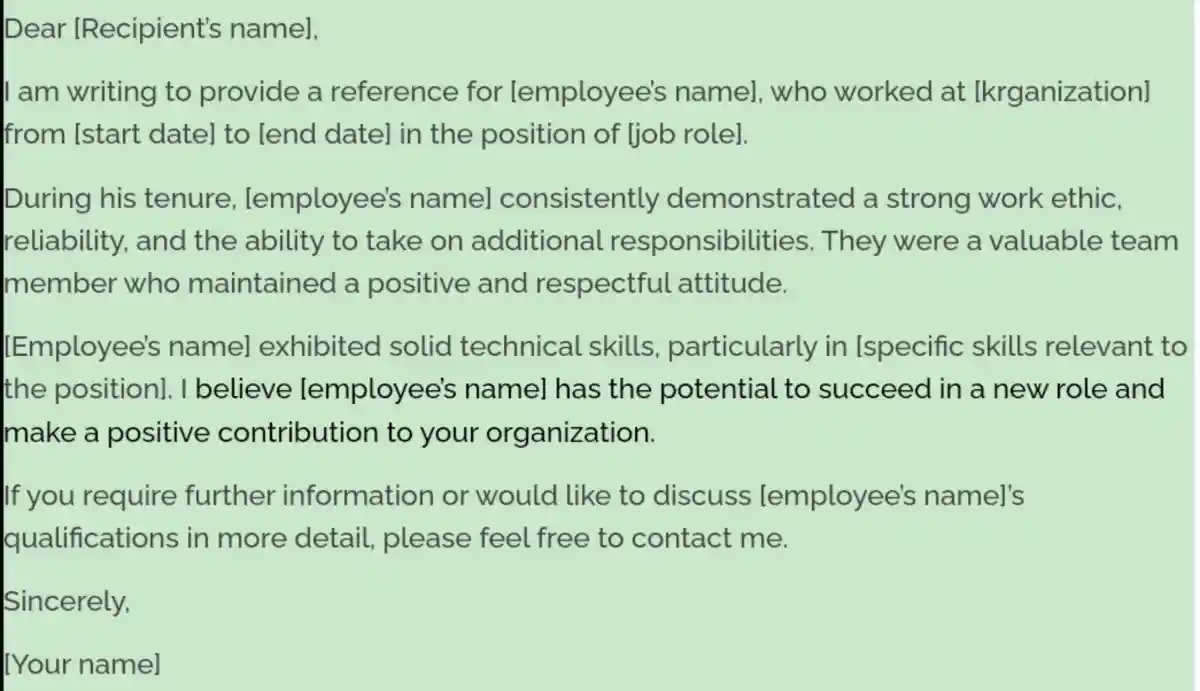A typical business will have to deal with a lot of cash and coins at the register. That also means that some employees could devise means to take money from register without getting caught. And it is even more common than you might think, even if the employees are trusted.
When this happens, the yearly revenue drops which affects the business’s profits and makes it harder to grow and increase sales. Small businesses are particularly vulnerable – this is due to lower profit margins compared to larger corporations. Even a small amount of theft can have a big impact on a smaller company or store.
How to Take Money from Register Without Getting Caught

In this section, we disclose the various methods identified in our findings. Perhaps, when you know how someone can take money from register without getting caught, you will then be able to take the appropriate steps to stop the act.
1. Starting Small
At first, an employee can start to intentionally give customers less change than they are due. That is, you short them by a small amount, like a quarter or a dime.
Most people don’t notice. If they do, you pretend it’s a mistake and apologize while giving them the correct change. The common conception is that a few cents aren’t a big deal. The psychology here is similar to the real reason most prices end in 99 cents – CBC Canada. That’s because we are conditioned to think that a few cents does not matter.
2. Getting Greedy
After a while, an employee may transition into taking home a few extra dollars per shift. No one seems to notice, so they can then take it a step further. This works particularly if a store does not have a Point of Sale (POS) system. An employee will have to memorize the prices or Product Look-Up (PLU) codes and enter them manually. They know the prices of commonly bought items like cigarettes, coffee, and newspapers. You would also have to be good at doing quick mental math.
3. Skim the Cash Register
Here, an employee pretends to enter an item into the register and tell the customer their total. The register display doesn’t show the total, but most customers believe you when you say it isn’t working. If they don’t, you quickly enter the item and say something like, “Oh, there it goes.” Only about 1% of customers question it.
You pretend to enter the amount they give you, hit the “no sale” key to open the drawer and give them their change.
Sometimes, customers ask for a receipt. The employee then pretends to struggle to print it, but in reality, they enter the sale that hadn’t rung up. And then lose out on extra earnings for that customer. At the end of the shift, they secretly take the extra money collected in the till. See? Seems even easier for an employee to take money from register without getting caught.
Now, by the time one leaves the job, they’d be taking home about $100 in cash per shift. This is probably more than double the employee wages, and it’s tax-free. The store knows that a lot of inventory is missing, but they don’t know where it’s going.
This type of theft can be tricky to spot and can result in losing money both from your inventory and the sales not being recorded in the register. For small businesses, this can be particularly tough, especially if the employee is doing it regularly. It’s essential to watch out for such situations to protect your business’s financial health.
4. Take Cash from the Register
Taking cash that has already been recorded in the system is a type of stealing known as “cash larceny”. AGA identifies the red flags of cash larceny.
While this theft can be tracked, it is harder to carry out. Employees might try to hide the transaction by voiding a sale, processing a refund, or getting rid of evidence like receipts to cover their tracks.
Even though this type of theft is easier to catch, it is still quite common. Employees can get creative in hiding their tracks and using tactics like voiding sales or issuing refunds makes it possible for them to conceal the theft for a considerable amount of time.
5. Lie About Cash Disbursement
An employee can lie about disbursement to take money from register without getting caught. It is simply a way of taking cash from the business without permission. It can be done by:
- Changing payroll records
- Changing check amounts
- Voiding sales and making refunds
- Creating a fake invoice for a service or product and keeping the money
How a Business Can Catch an Employee in the Act
it is possible to catch someone who is skimming the cash register. The process involves keeping a careful eye on the inventory. If the manager notices discrepancies, such as a product running out with only a few sales recorded, it is a sign that the cashier is letting customers buy it and keeping the money for themselves.
If an employee is suspected of skimming, the manager can count the inventory to catch them without directly accusing them. Once they find inconsistencies, managers are more likely to talk to the employee about it to gather evidence to increase the chances of a confession.
Another sleek way to know when an employee may be taking money from the register and getting away with it is being observant. Keep a close eye on employees’ behavior and try to catch them in the act. If an employee frequently looks around to see if they’re being watched or suddenly purchases more expensive cars, clothes, or jewelry, it could be a red flag. These signs might indicate that they’re earning more than their salary and are worried about being discovered.
How to Prevent Employees from Taking Money from Register
1. Limit employee access to the register
Require the manager to approve refunds or void sales to prevent anyone from taking money and concealing it. Additionally, keep receipts documented on the register and require the manager’s code to delete them to stop employees from discarding receipts to hide voided or canceled transactions.
2. Have an authority figure to create a sense of responsibility among employees
If there is someone to ensure everything runs smoothly, that will make employees think twice before taking cash. It also prevents the use of improper cash handling methods to prevent money from being recorded in the cash register. Ultimately, it becomes easier to explain money missing from the cash register.
3. Keep a close eye on employees
Watch every move of your employees – it can be time-consuming. However, it helps you notice any changes or signs of potential theft before it occurs. The presence of a supervisor reduces the likelihood of theft, so it’s essential for you or another supervisor to be present to deter any intentions from turning into actions.
4. Get to Know Your Employees
Whenever you hire someone to work in your store, take the time to know their habits. This way, you can notice when something seems different.
For instance, if an employee who is usually late starts showing up on time or early, you’ll notice the change and can keep an eye on it. Similarly, if someone who used to be comfortable around you starts avoiding being close, it could be a sign that something is going on.
Read also: How to Get Money Back from Someone Who Stole It






